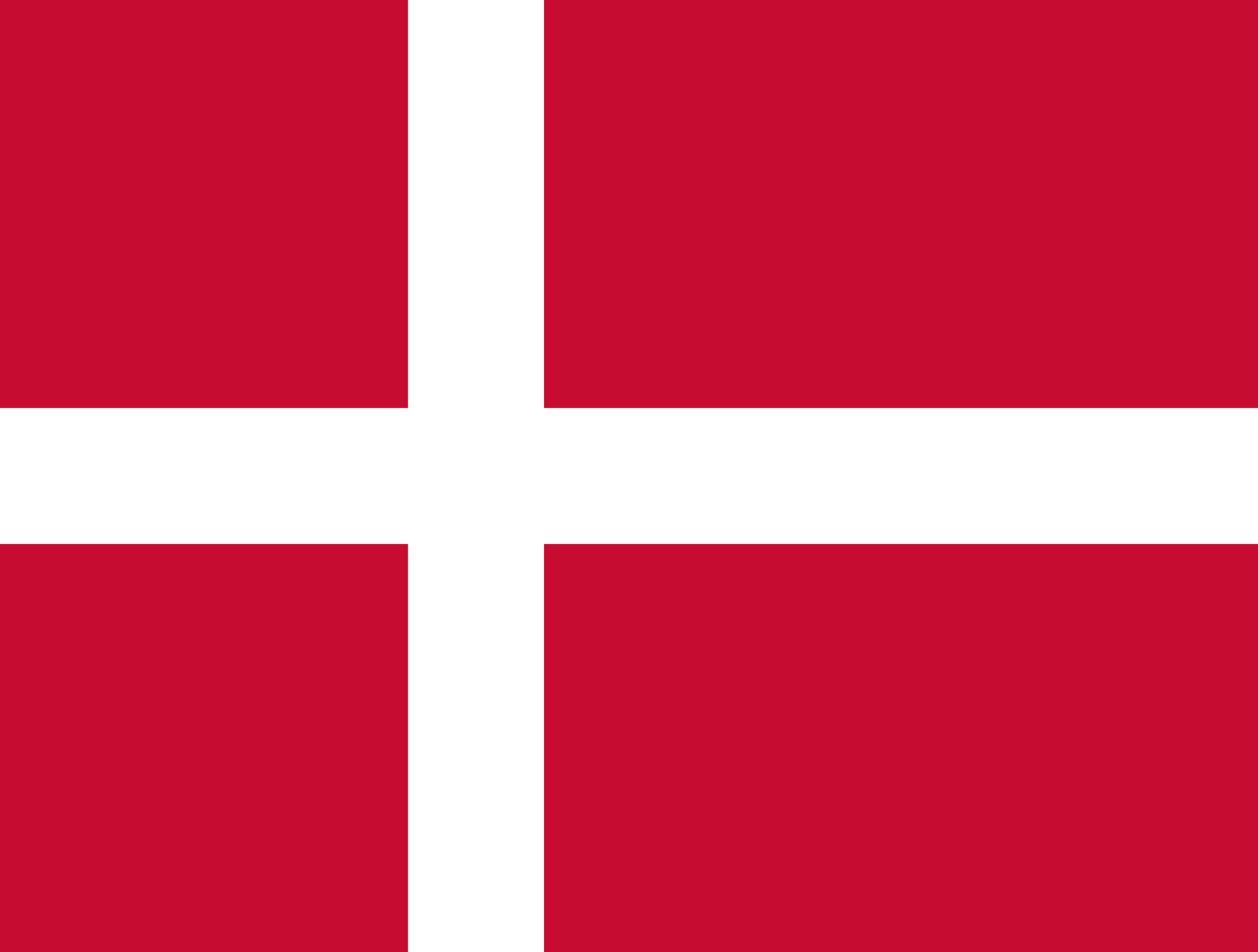New 3-year partnership agreement with Danida
Copenhagen March 25th, 2018
Danida continues its support to the sustainable reintegration of returning refugees, internally displaced persons and vulnerable host communities in Afghanistan.
Danida has pledged 61 Mio. DKK (app. 10 Mio US Dollars) over three years in support of DACAAR’s efforts to the sustainable reintegration of returning refugees, internally displaced persons and their vulnerable host communities. The partnership between Danida and DACAAR will have a particular focus on the most vulnerable including women and youth-headed households, the disabled and other socially marginalised groups and individuals.
Funding is vital for the poor and deprived
Klaus Løkkegaard, Head of the DACAAR Secretariat, is grateful for the Danish support:
“Danida and DACAAR are now able to continue and further strengthen our long-time cooperation to improve the conditions of a group of Afghan women, men and children who belong to some of the most deprived, globally.”
Many Afghans are facing chronic poverty and protracted displacement, and there is increasing pressure on the meagre resources in the host communities. Therefore, the Danida funding is vital.
“The new 3-year partnership makes it possible to build on ongoing programmes and bridge our emergency assistance with more long-term, sustainable developmental activities,” says Klaus Løkkegaard.
Four areas Urban, peri-urban and rural communities in Balkh, Kabul, Kunduz, Kunar and Nangarhar Provinces will benefit from the programme.
The Danida-DACAAR partnership 2018-20 will cover four main areas which at the same time are the DACAAR progamme pillars:
Water, Sanitation and Hygiene; Access to safe water and improved hygiene and sanitation behaviour through among others the construction or rehabilitation of public wells and water supply systems and construction of solar powered pipe schemes.
Agricultural-based Natural Resources Management; Sustainable increase in agricultural/livestock production through Farmer Field Schools as well as improved irrigation for farming through rehabilitation or reconstruction of smallscale irrigation structures.
Employment and Business Creation; Better business and employment opportunities for unemployed male and female youth through vocational training and follow-up support.
Women’s Empowerment; Improved livelihoods among vulnerable women through social and economic opportunities.
Read more details in fact box below.
The main aim
By the end of the programme in 2020, the men and woman, boys and girls benefitting from the activities should perceive an overall improvement in the quality of life.
The quality of life should improve due to the reduced time when collecting water, more time spent on food production, income generation and girls’ and boys’ education, and better health due to fewer water-borne diseases.
DACAAR can address community needs and priorities from different angles because of the integrated nature of the programme. Safe drinking water coupled with open defecation free villages and improved hygiene behaviour will reduce diseases. Therefore, communities are in a position to invest more time and resources into learning new skills and engaging in income generating activities also offered by the partnership.
Programme began in 2010
DACAAR has carried out project activities funded by DANIDA through the ROI (Region of Origin Initiative) programme since 2010.
More than 320,000 returning refugees, internally displaced persons, and vulnerable host communities have benefitted from the interventions in Kabul, Nangarhar, Kunar and Balkh Provinces.
51.7% of these were women and girls.
Facts: Programme Outcomes 2018-20
Water, Sanitation and Hygiene (WASH):
a. Durable access to and sustainable use of safe drinking water among 189,000 men, women, boys and girls
b. Sustainably improved hygiene behaviour and practice and declaration of “Open Defecation Free Villages” for 156 communities
c. Improved WASH capacity among partners at the national and sub-national level
Agriculture-based Natural Resources Management:
Vulnerable farmers and producers will have increased environmentally sustainable agricultural productivity and production through;
a. Establishment of 63 practical Farmer Field Schools targeting 1,260 vulnerable men and women farmers and producers.
b. Rehabilitation/reconstruction of 72 small-scale irrigation structures among 1,440 farmers.
Employment and Business Creation:
Sustainable income-generating and livelihood opportunities for 240 vulnerable youth have been created in a conflict-sensitive manner, leading to jobs, income, and creation of small businesses through;
a. Establishment of 12 market driven centre-based vocational training programmes.
b. Provision of technical kits and follow up the business establishment and employment support to the graduated youth
Women’s Empowerment:
840 vulnerable women will have access to social, and economic resources, and capacity to empower through;
a. Establishment of 8 women-only season-long Farmer Field Schools.
b. Distribution of food security packages and establishment home-based farms and food processing units. c. Conducting of six literacy courses and four business development training workshops.
Facts: 9.3 million in need of humanitarian aid in Afghanistan
Afghanistan is suffering from one of the longest protracted crisis in the world and has over the last couple of years seen some of the highest civilian casualties since 2001. Almost all 34 provinces are experiencing intense confrontations, and as a consequence, the country is facing increasing numbers of people on the move.
The total combined number of internally displaced persons has reached a record high of 1.5 million.
The last couple of years Afghanistan has witnessed the return of hundreds of thousands of refugees adding to the 5.8 million people who have already returned since 2001.
In 2017, an estimated 9.3 million people in Afghanistan were in need of humanitarian assistance.
A large number of Afghans are already in a situation of chronic poverty, and the protracted displacement has caused tremendous pressure on the meagre available resources in the host communities. This marginalisation is increasingly causing friction and conflicts and making integration for the internally displaced persons and returning refugees more difficult.
A majority of them tend to settle in the urban and peri-urban areas of large cities citing relatively better opportunities for work, better security and public services as pointed out in a study conducted by Samuel Hall and DACAAR in support of the DANIDA-funded 2014-2017 programme.
 Danish
Danish